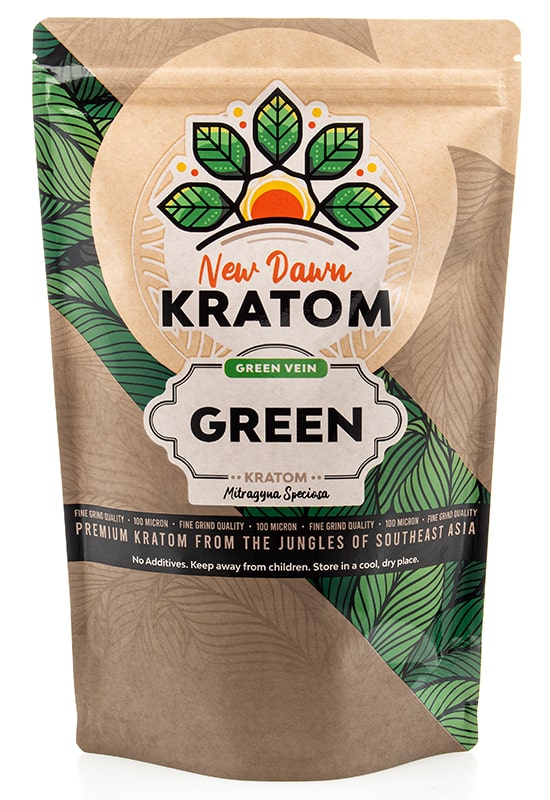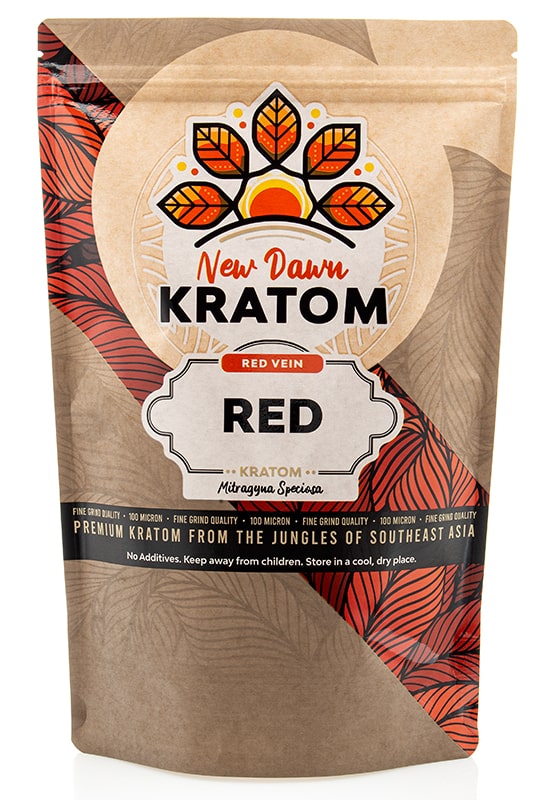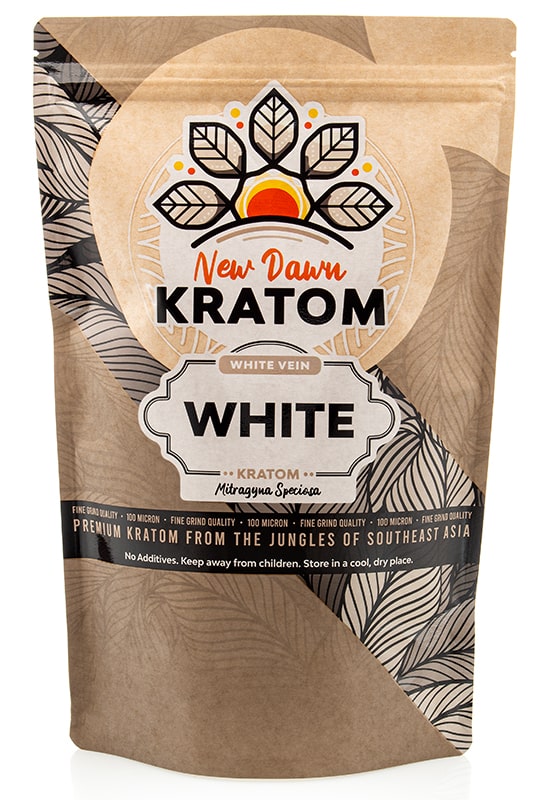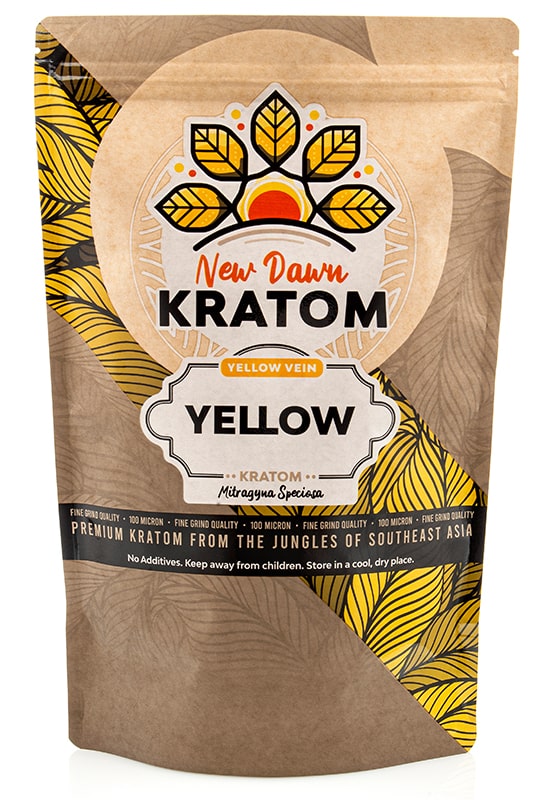Going through drug test regulations can be a daunting task, especially when it comes to lesser-known substances like kratom. You might be wondering, does DOT test for kratom in its drug screening protocols? It’s a question that has sparked considerable debate and uncertainty among many.
In this comprehensive guide, we’ll delve into the specifics, provide clear answers, and shed light on the intricacies of the United States Department of Transportation’s drug test policies related to this tropical tree native to Southeast Asia.
Does DOT Test for Kratom?
As it stands, kratom is not among the other substances that the DOT tests for. While the Drug Enforcement Administration considers kratom to be a drug of concern, there aren’t any federal laws that specifically prohibit its use.
The DOT drug tests specifically look for marijuana, cocaine, and other substances often used for drug abuse and substance abuse. While the DOT mandates drug tests for commercial motor vehicle drivers, employers in the industry are not prohibited from instituting their own drug test programs, like hair follicle tests. These programs can test for substances beyond those required by the DOT, such as kratom.

Employers, though, should keep in mind that any additional drug test policies or repercussions must be explicitly defined as dependent on the employer’s power.
This gives companies the flexibility to create more comprehensive drug test programs to ensure driver safety and make informed hiring decisions. By understanding this important distinction, employers can maintain a safe and sober workplace while also taking greater control over their own testing policies.
What is a DOT Test?
A DOT test refers to a drug test that is required by the U.S. DOT for employees in safety-sensitive jobs. This includes pilots, truck and bus drivers, train engineers, ship captains, and certain pipeline emergency response personnel, among others.
The primary purpose of these tests is to ensure that these workers, who are responsible for the safety of many others, are not impaired by any recreational drug or controlled substance abuse while performing their duties. The tests are part of a broader strategy to deter and detect the exploitation of drugs and alcohol in the transportation industry.
The DOT drug test conducts urine tests that screen for specific categories of drugs. In addition to testing for these substances, the DOT also conducts alcohol tests. More recently, the agency has also approved the use of oral fluid tests or saliva tests as an alternative to urine tests.
The testing process is highly regulated and follows strict guidelines to ensure accuracy and fairness. This includes a process for specimen collection, laboratory analysis, result review by a Medical Review Officer (MRO), and procedures for employees to dispute results and request retests if necessary.
Lastly, DOT tests are not just administered pre-employment but can also be conducted post-accident, upon reasonable suspicion or cause, as a return-to-duty process, and as a follow-up to a return-to-duty process.
Can Kratom Influence False-Positives?
If you’re a regular user of kratom and applying for a job that requires a drug test, you’ll be pleased to learn that the typical DOT drug test panel doesn’t detect kratom. You must be aware, though, that kratom alkaloids can cause a false positive. This means you may get a positive result even if you haven’t taken substances the DOT tests for.
In such cases, an explanation from your healthcare professional may come in handy for providing context for positive results. So, if you’re a kratom user and are anticipating a drug test soon, it may be worth consulting with a healthcare professional who is familiar with this substance. This can help ensure that you’re prepared for any potential complications in the testing process.

Which Drug Tests Can Detect Kratom?
Kratom detection largely depends on the type of drug test administered. Drug tests, such as the SAMHSA-5, will not typically reveal kratom use, as the alkaloids in kratom are undetectable on this test. This means that tests looking for commonly abused drugs will not detect kratom.
If you’re wondering, “Does kratom show on any tests?” The answer is yes. Specialized tests designed to detect kratom do exist. Kratom alkaloids can be detected in either a urine test or a blood test. There is also a specific test called a 10-panel test that looks for kratom specifically.
With this test, kratom alkaloids can be discerned for as long as seven days after use, although various factors can influence the detection time. These factors include the person’s body weight and fat percentage, age, metabolic rate, the amount of exercise they engage in, the amount of kratom they use, whether they are using other drugs, and if they have any health issues like kidney or liver disorders.
Blood tests for kratom have a much shorter detection window than a urine test. Mitragynine can last as long as 24 hours in the person’s system, while others in the herb can last much longer.
Factors That Impact How Long Kratom Lingers in the Body
Several factors make kratom stay longer in the body. These factors include the individual’s metabolic rate, body fat percentage, weight, age, the amount of kratom used, the use of other drugs, and any health issues such as kidney or liver disorders.
The duration that kratom lingers in the body can be influenced by a variety of factors:
Metabolic Rate
Individuals with quick metabolism can process and eliminate substances from their bodies more quickly than those with a slower metabolism.
Body Weight and Fat Percentage
Like many drugs, kratom can be stored in fat cells, meaning individuals with higher body fat may retain kratom for longer periods. It also means that those that weigh more may process kratom more slowly.
Age
Metabolism generally slows with age, so older individuals may retain kratom in their system longer than younger people.
Quantity of Kratom Used
The more kratom an individual uses, the longer it will take for the body to eliminate it completely. For instance, a person who uses kratom occasionally may eliminate it more quickly than a person who uses it regularly and in higher doses. As such, prolonged use of the substance may make kratom show up on tests for longer periods after use.

Use of Other Drugs
The use of other substances can affect how quickly the body processes and eliminates kratom. Certain drugs might decelerate or hasten the rate of elimination by the body.
Exercise
Physical activity can influence the rate at which drugs are metabolized and excreted from the body. Those who exercise more frequently may be able to eliminate kratom more quickly due to increased metabolism and sweat production.
Health Status
Individuals who have health issues, particularly those involving the kidneys or liver (which play key roles in drug metabolism and excretion), may process and eliminate kratom more slowly.
Frequency of Use
Regular or frequent use can lead to the build-up of kratom in the body, making it detectable for a longer period. The body requires more time to eliminate the accumulated kratom.

What to Do if Kratom is Detected in Your Drug Test
If kratom is detected in your drug test, the following steps might be helpful:
- Understand Your Rights: Depending on where you live and work, your rights regarding drug testing may differ. In the U.S., for example, employers must follow certain guidelines when administering drug tests to employees. It’s important to understand what your rights are in your specific situation.
- Speak with a Lawyer: If you believe that your rights have been violated, or if you face legal consequences as a result of the drug test, it may be helpful to consult a lawyer. They can provide legal advice tailored to your specific situation.
- Communicate Openly: If taking kratom is not illegal in your area or against your employer’s policy, it might be beneficial to discuss your kratom use openly with your employer or the appropriate authorities. Explain why you use kratoms, such as for recreation or relaxation. However, be aware that not everyone is knowledgeable about kratom, and you might face misconceptions about it.
- Seek Medical Documentation: If you use kratom for a medical purpose, it might be helpful to obtain documentation from your healthcare provider. While this may not excuse a positive drug test, it could provide context that might be beneficial.

Frequently Asked Questions
Does kratom show up on drug tests?
Drug tests, including the DOT 5-panel drug test, typically do not test for kratom. These tests usually look for specific classifications of drugs, like marijuana and cocaine. However, there are specific tests, like the 10-panel drug test, designed to detect kratom use.
How long does kratom show up on tests or stay in your system?
Kratom is typically detectable in your system for three to seven days after use, depending on various factors. Trace quantities of kratom might be detectable in urine testing for a week or longer after ingestion. A blood test often has a detection window of 24 hours following your kratom dose.
However, if you use the substance often, kratom consumed can build up in your body and be detectable in blood tests for longer than a day.
Conclusion
So, does DOT test for kratom? No, the Department of Transportation does not specifically test for kratom in their mandated drug screenings. Their focus is on five classes of drugs that are often abused.
Standard drug tests are usually not designed to detect kratom, but specific tests can detect the use of the substance. As regulations and policies can change, staying informed about your employer’s specific drug testing policies is critical.





